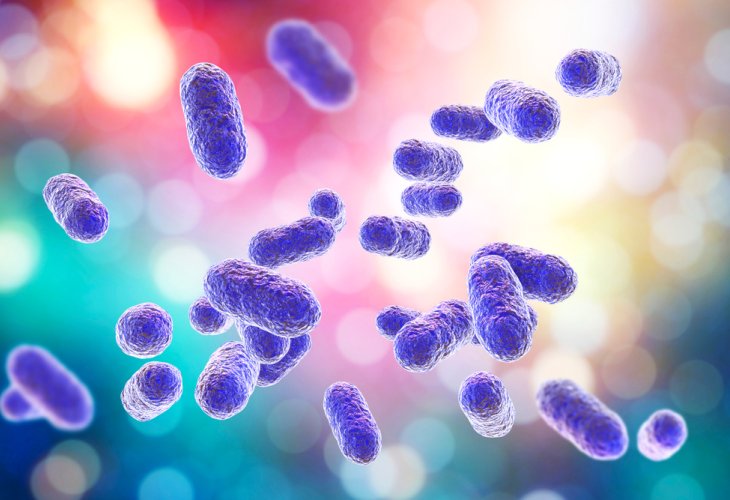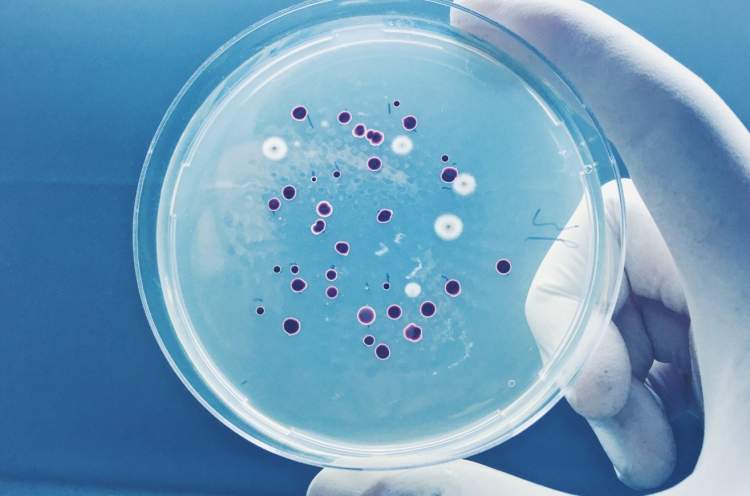Are These Bacteria Friends or Foes?
Our bodies host numerous beneficial bacteria that contribute to our health. How does a good bacterium turn bad, and how can we nurture the beneficial ones?
 (Photo: shutterstock)
(Photo: shutterstock)Good bacteria? Really?!
It might sound surprising, but the answer is a resounding yes. Our bodies are home to a lush community of bacteria—known as the microbiome or microflora—whose numbers outstrip our own cells by a factor of 10, reaching a staggering 1014.
The world surrounding us teems with single-celled organisms, each playing its role. And if Hashem created them, they must serve a purpose. They're not our adversaries but are meant to coexist with us harmoniously.
These bacteria are integral to our bodily systems. In our intestines, for instance, they have remarkable, sophisticated survival strategies. The entire microbiome weighs approximately 3.3 pounds.
Bacteria come in various forms, coexisting in a wondrous symbiosis—beneficial bacteria alongside potentially harmful ones.
The good bacteria inhabit the entire length of the digestive tract, which measures about 33 feet. The colon, which is about 5 feet long, is especially rife with bacteria. Besides the digestive system, bacteria also dwell in every body opening—such as in the throat, ears, and mouth. These bacteria maintain a balance with those that can turn pathogenic under certain conditions. For example, when waste in the intestines is not cleared—entering decay at 96.8°F—bacterial overgrowth disrupts the balance and pathogens start to form.
Take streptococcus, a bacterium we're all familiar with; it's a constant resident of our throats. Its job is to produce streptokinase, which helps prevent dangerous blood clots. However, when its numbers multiply and balance is lost, it leads to inflammation and sore throats.
The ideal ratio in our body should be 3:1 favoring friendly bacteria over pathogens.
Roles of beneficial bacteria include:
1. Immune system modulation. Good bacteria curb the proliferation of external pathogens like fungi, viruses, and even carcinogenic materials. They stimulate immune cells to target cancerous cells.
2. Management of bile surplus. When excess bile reaches the small intestine, these bacteria prevent it from reabsorbing into the bloodstream, thus aiding in cholesterol reduction.
3. Enhanced digestion. Those plagued by heartburn might consider supplements rich in beneficial bacteria, such as Bio 25LR.
Hashem designed these helpful bacteria as allies of the immune system, assisting in vitamin production as well. Vitamin B12 is synthesized in the colon by biotin, while Vitamin K—also crafted by good bacteria—plays a role in blood clotting.
 (Photo: shutterstock)
(Photo: shutterstock)Microflora aids in the healing of various intestinal ailments:
- Chronic constipation
- Diarrhea
- Irritable Bowel Syndrome (I.B.S)
- Intestinal inflammation, colitis, and Crohn's disease
It also enhances mineral absorption in the body, fluid absorption in the skin, and lactose tolerance through the production of lactase.
Good bacteria facilitate the production of various enzymes that decompose different nutritional components, proving beneficial when dealing with stomach upsets. Virulent bacteria like salmonella, E. coli, and listeria, often originating from food, can be combated by bolstering the body's good bacteria.
Beneficial bacteria help prevent intestinal complications in premature infants. Introducing acidophilus through feeding tubes can significantly reduce such complications.
For young babies, good bacteria can alleviate regurgitation and stomach pain. Individuals who use artificial sweeteners may harm their microflora, potentially triggering diabetes.
Taking antibiotics unnecessarily (90% of cases are viral, not bacterial) offers no solution and harms the microflora.
How to boost intestinal microflora:
It's essential to provide these bacteria with fundamental nourishment, like fiber from whole carbs, legumes, and vegetables. Plant-based foods bring in cellulose. The more peel or stalk, the better.
Probiotic products serve as direct nourishment for microflora growth. Onions, chicory, and fermented or pickled foods also contribute to probiotic production.
When to add probiotics:
In any scenario involving intestinal parasites or fungal growth anywhere in the body, an oral probiotic supplement is recommended. This is also crucial during allergies, weakened immune states, skin inflammation, or any condition requiring extensive antibiotic use.
Probiotics also aid in preventing mental illnesses and strengthening the immune system.
To book home gatherings featuring Rabbanit Rachel Bejarano, call 073-2221240 or 052-9551588

